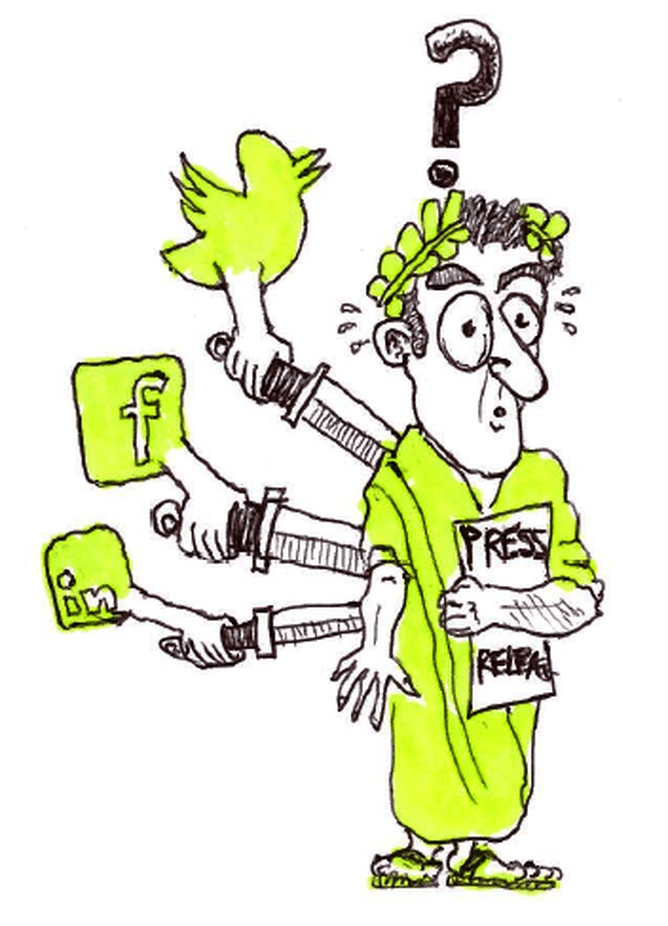By George Hulbert, Director of The Clarity Business:
Is the media release dead? Not yet, according to this PR practitioner - and for four reasons at least:
1. It is good discipline to think through the key elements of a media story and what media need through the lens of a press release. Hanging links and online content off your release can add great value to what you issue, but I find that to get to the heart of thestory you are trying to construct it is hard to beat the structure of a media release.
2. Media we deal with still want content in this way, even if they are trawling the online world for stories through eg: Twitter. Keep it simple.
3. Also, many of the journalists we deal with rely on a 'first' or 'exclusive' basis that is more easily managed via the traditional press release / email method. Online channels can add a level of unnecessary complication to - and could negatively affect - your relationships if poorly handled.
4. Control: some clients, particularly larger corporates, still view 'social' media as meaning 'risk'. Despite the potential profile gains that are on offer to them online, many still prefer the relative (illusory?) comfort of just issuing news to traditional media in this traditional way.
A particularly good article on the US-based Ragan Daily website, 'New-school ways to grab attention with your press releases', explores ways in which you can blend both.
Ultimately, it comes down to what the individuals in the media want to get from you, how your clients want to work and the opportunities for creating your story.
What do you think? Has the media release had its chips, or is it still relevant in this day and age?
Is the media release dead? Not yet, according to this PR practitioner - and for four reasons at least:
1. It is good discipline to think through the key elements of a media story and what media need through the lens of a press release. Hanging links and online content off your release can add great value to what you issue, but I find that to get to the heart of thestory you are trying to construct it is hard to beat the structure of a media release.
2. Media we deal with still want content in this way, even if they are trawling the online world for stories through eg: Twitter. Keep it simple.
3. Also, many of the journalists we deal with rely on a 'first' or 'exclusive' basis that is more easily managed via the traditional press release / email method. Online channels can add a level of unnecessary complication to - and could negatively affect - your relationships if poorly handled.
4. Control: some clients, particularly larger corporates, still view 'social' media as meaning 'risk'. Despite the potential profile gains that are on offer to them online, many still prefer the relative (illusory?) comfort of just issuing news to traditional media in this traditional way.
A particularly good article on the US-based Ragan Daily website, 'New-school ways to grab attention with your press releases', explores ways in which you can blend both.
Ultimately, it comes down to what the individuals in the media want to get from you, how your clients want to work and the opportunities for creating your story.
What do you think? Has the media release had its chips, or is it still relevant in this day and age?

